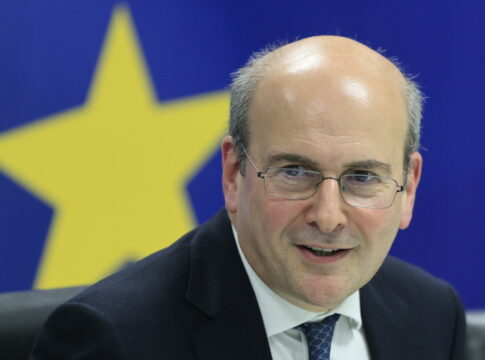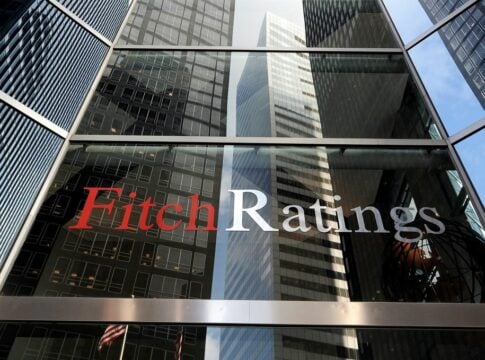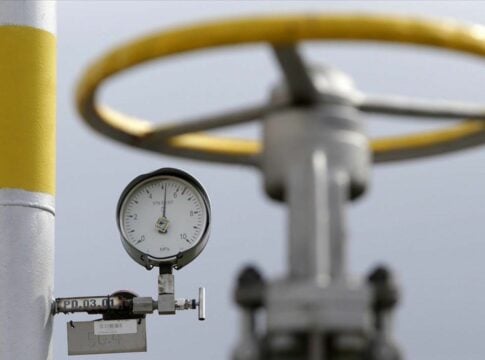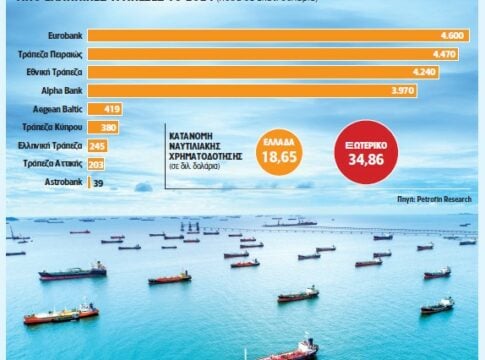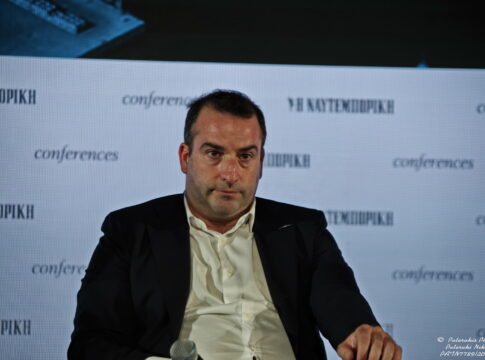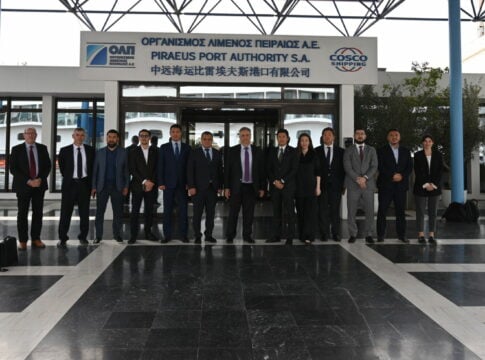By T. Tsiros
Commitments undertaken by the Greek state, part of an agreement signed by the Tsipras government with creditors in the wake of the June 21 Eurogroup meeting, are now the focus of preparations by top ministry officials ahead of the first post-bailout inspection by the latter’s auditors to Athens on Sept. 10.
Details on how contacts will now take place between official Athens and institutional creditors’ representatives have still not been worked out. For instance, if the same individuals that took part in negotiations ahead of regular memorandum reviews will return to the Greek capital, and whether talks will again take place at a downtown Athens hotel.
Rebranding the “troika” and creditors as the “institutions” and shifting negotiations from ministries and other Greek state offices to a hotel’s meeting rooms were among the few, if not the only, concessions conceded during six months of shambolic negotiations between creditors and then Greek finance minister Yanis Varoufakis and his team in the first half of 2015.
A day after a carefully choreographed announcement by Greek PM Alexis Tsipras from an iconic Greek isle (Ithaca) on Tuesday morning heralding the end of the bailout era, his embattled coalition government must now present actual progress on a series of agreed-to reforms and commitments detailed in an addendum to the June 21 Eurogroup agreement.
The six main “chapters” of post-bailout commitments by Greece, which essentially cover the entire “enhanced supervision” period of up until 2022, include:
– Fiscal and structural reforms
– Social welfare reforms
– Actions to boost and reinforce credit stability
– Continued reforms and liberalization in the labor sector and internal markets
– Reforms linked with public administration
– A further exploitation of assets held in the Hellenic Corporation of Assets and Participations S.A. and the continued promotion of privatizations in the country.





